Doctor's Data is closed December 24 and 25, 2025
Thousands of clinicians worldwide use Doctor's Data for their laboratory testing needs.
As a specialist and pioneer in essential and toxic elemental testing, as well as other innovative specialty tests, Doctor's Data offers a wide array of functional testing to aid in decision making and better patient outcomes.
Doctor's Data helps you assess and treat heavy metal burden, nutritional deficiencies, gastrointestinal function, cardiovascular risk, liver and metabolic abnormalities, hormonal status, and more.
The revolutionary GI360™ stool profile is a powerful, evidence-based tool to profile the microbiome using PCR analysis. The novel, focused Dysbiosis Index included in the GI360™ was developed and validated in a clinical setting, utilizing research-based methodology to discern dysbiosis vs. normobiosis. This expanded view of clinically significant bacteria offers actionable data to the practitioner, particularly in combination with the complementary methodologies employed by Doctor's Data in the GI360™ profile.
Choose any category below for a detailed overview of the biomarkers included in each profile, as well as collection instructions, CPT codes and more.

Gastrointestinal Health
Identification of about 1,000 bacterial, yeast and parasitic species, including cultures from stool samples and vaginal swabs

Toxic and Essential Elements
Hair, urine, fecal and blood tests for comprehensive analysis of element levels

Nutritional Status
Analysis of amino acids, fatty acids, vitamin D, iodine and antagonistic halides provide insight into a vast array of symptoms and sustained conditions

Environmental Exposure and Detoxification
Measures of hepatic function, oxidative stress, porphyrins and other markers

CardioMetabolic Risk
Complete profiles and oxidized LDL analysis for early identification of risk

Endocrinology
Analysis of blood or urine hormones, neuro-biogenic amines and peptides that may affect health, metabolism, mood or behavior












